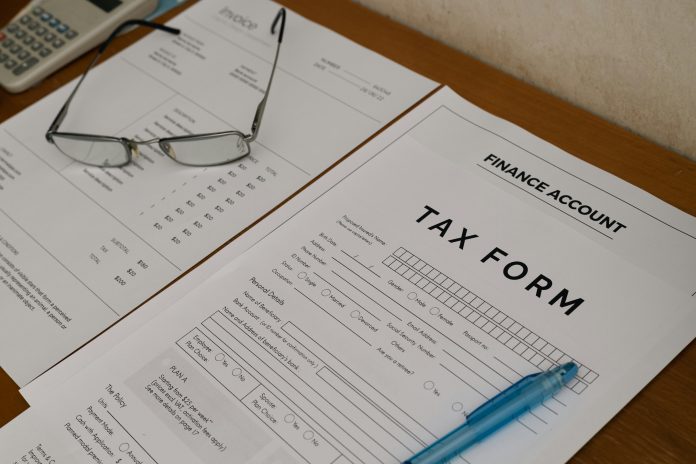Businesses claiming research and development (R&D) tax relief are increasingly at risk due to rogue advisors offering “too good to be true” advice, warns leading audit, tax, and business advisory firm Blick Rothenberg. Companies must exercise caution, as getting caught up in fraudulent schemes could lead to significant issues with HMRC
Ele Theochari, a Partner and R&D specialist at the firm, said: “HMRC have been cracking down on R&D claims to curb fraud and non-compliance, which they believe costs the Treasury around £1bn per annum.”
She added: “While these measures have deterred some dubious R&D claims, as evidenced by the reduced number of claims being made in the last financial year, there is still a lingering issue: what is being done about less-than-savoury advisers?”
Ele said: “Despite the headline-grabbing stories of Green Jellyfish, and the sudden closure of RDI Solutions there are still an alarming number of advisers operating in an unacceptable manner.”
She added: “Over the Summer the case of ZLX Ltd (ZLX) vs James Mackie Wholesale Ltd (JMW) was heard before the Scottish Courts. Whilst the facts of the case were centred around the cancellation fees (which the judge was quoted as calling “arbitrary, exorbitant and unconscionable”), the other striking thing about this case was the pursuit of JMW by ZLX even after JMW had made it abundantly clear that there was no qualifying R&D activity. This happened in 2021, well after HMRC had begun their clampdown.”
Ele said: “More and more I am being approached by companies in need of support through enquiries where their incumbent adviser does not have the technical expertise or experience to deal with R&D claims. There are issues with due diligence where potential buyers are unsure whether the value of the R&D claim will be realised/there is a risk about the veracity of the claim, and advice on how to break multiple year contracts”
She added: “For example, I was appalled to hear from one business that midway through a 5-year contract with a boutique firm, the company had not carried out any R&D work but were still being faced with a 30% fee on the ‘projected value’ based on the previous two claims.”
Ele said: “What is most worrying is that new R&D businesses are still popping up on a regular basis that are headed up by individuals with either no accounting or tax experience, or very little relevant experience in R&D tax.”
She added: “More often than not, I have to explain to a company that their claim either does not appear to qualify or that if HMRC were to open an enquiry there is a risk that they would find themselves investigated for potential fraud. Some examples I have seen recently are:
- A claim that included a blanket percentage of all qualifying cost categories in the income statement included in the claim;
- Connected company employee costs not claimed correctly;
- Subcontractor costs that can be claimed for not correctly restricted;
- Purchase of an off-the-shelf software solution that was customised for a third-party included as a qualifying project. Of course, there are instances where this could qualify, however at minimum there are potential subcontracting issues going on; and
- The same project copied and pasted for three claim periods in a row with no updates made. I can only assume that this was picked up by HMRC once the additional information forms had been submitted, as this is certainly the type of information that may have flown under the radar previously.”
Ele said: “For any business that is being pursued by R&D tax advisers who are not sure whether you qualify for the relief, always remember: if it sounds too good to be true, it probably is.”

